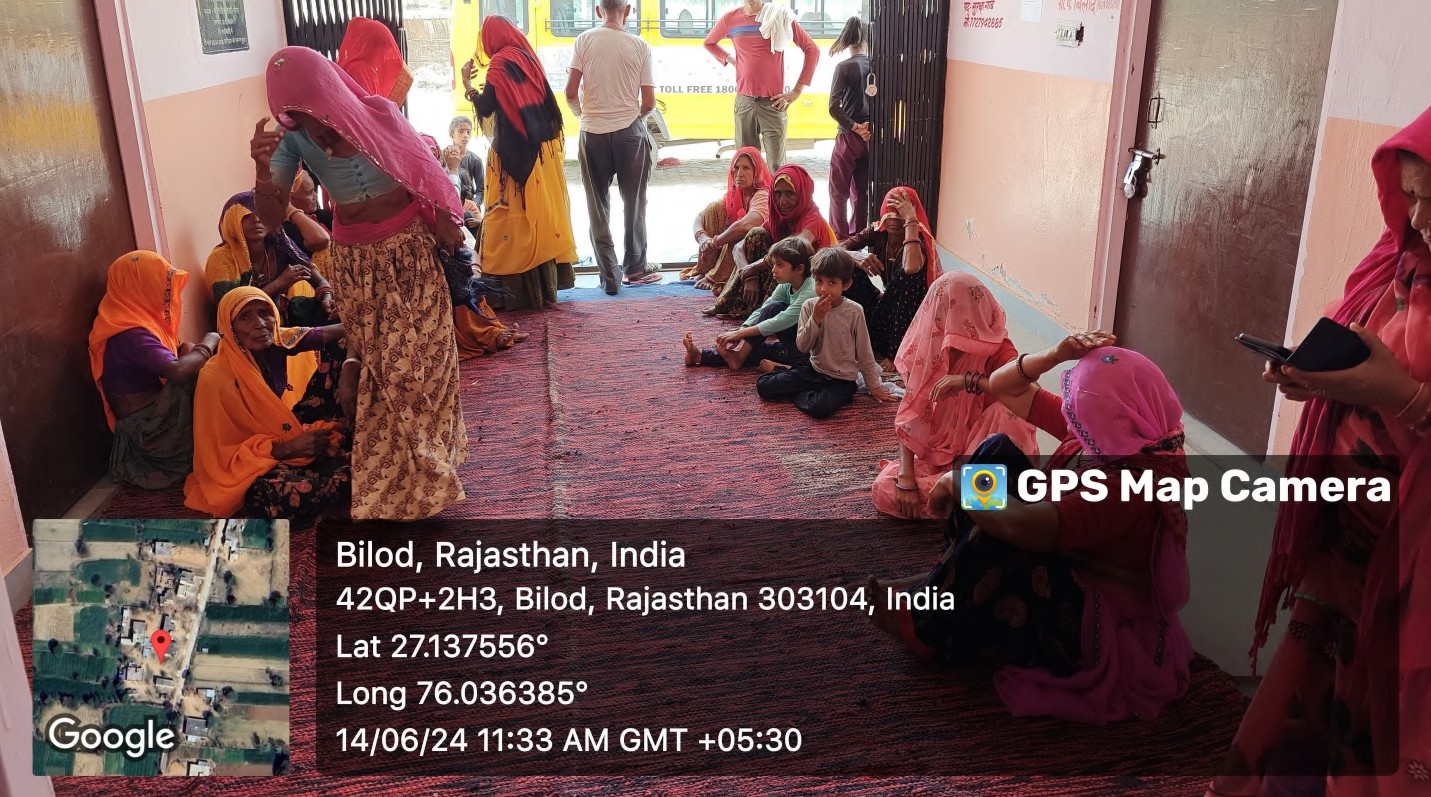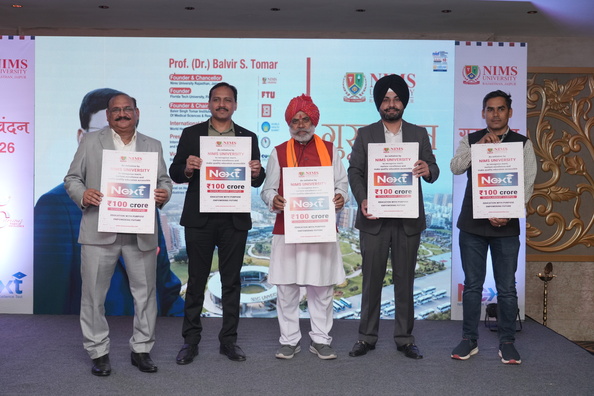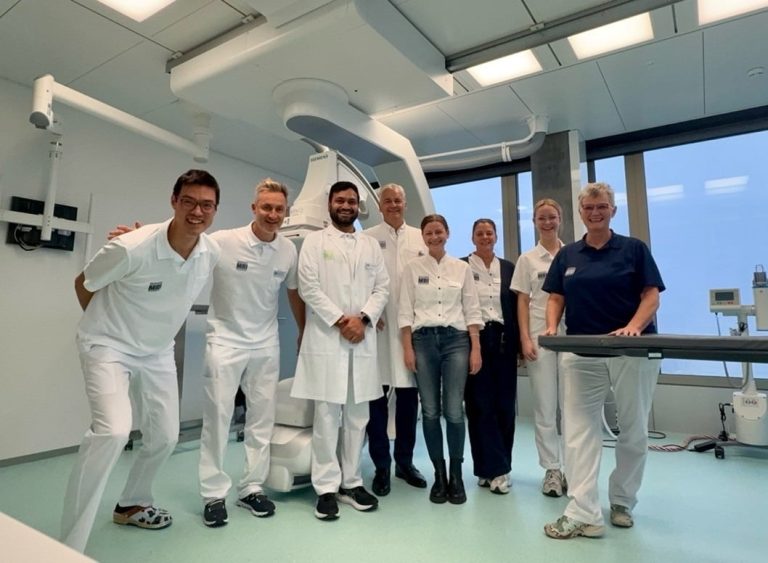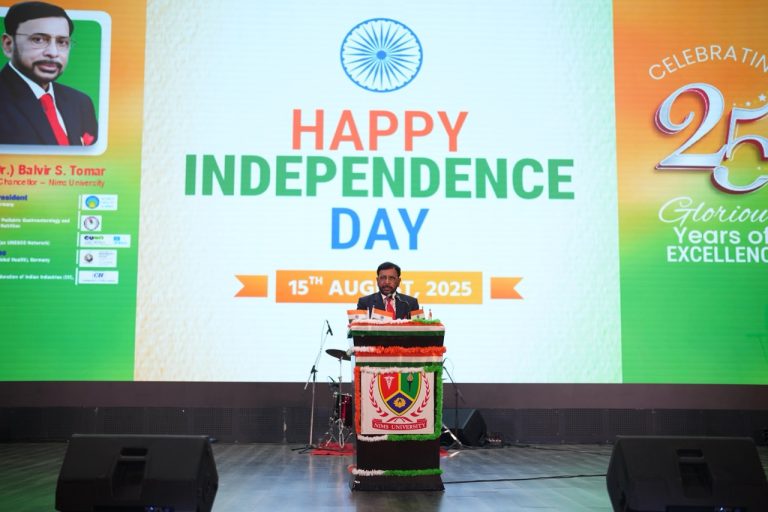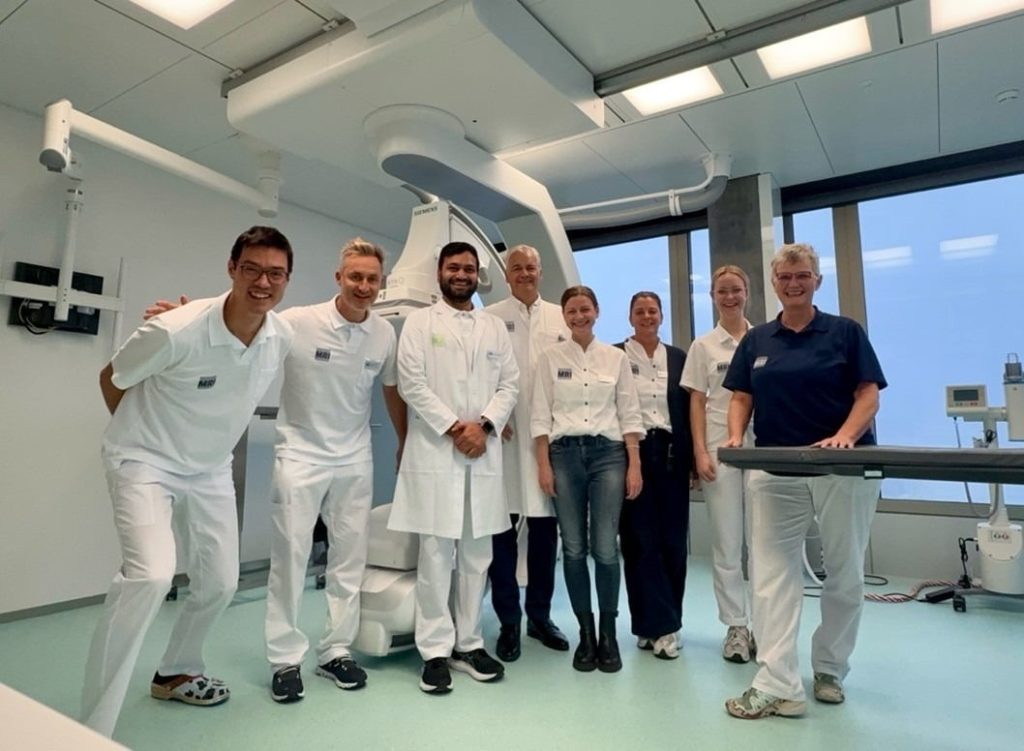In an impactful outreach program, NIMS Medical College undertook a unique and engaging approach to raise awareness about the importance of hygiene, sanitation, and access to safe drinking water. On April 25, 2024, the faculty and students of NIMS Medical College performed a thought-provoking street play in the village of Darolai, under Raisar Panchayat, Jaipur. This initiative aligns with the Sustainable Development Goal (SDG) 6, which focuses on ensuring clean water and sanitation for all, and reflects NIMS University’s commitment to community engagement and sustainable development.
Objective of the Initiative
The primary objective of the street play was to educate and inspire villagers about maintaining hygiene, improving sanitation practices, and the significance of safe drinking water. This endeavor sought to empower the local community with practical knowledge to enhance their health and overall quality of life.
The Street Play: A Creative Approach to Awareness
The street play served as the centerpiece of the initiative, blending education with entertainment to captivate the audience. Performed by passionate students and faculty members, the play vividly depicted everyday hygiene challenges faced by rural communities, such as improper handwashing, unsafe drinking water practices, and poor sanitation. It emphasized simple yet effective solutions, including:
- Handwashing Techniques: Demonstrating proper steps for effective hand hygiene to prevent the spread of infections.
- Water Purification: Highlighting affordable and accessible methods to purify drinking water at home.
- Sanitation Practices: Addressing the importance of using toilets, maintaining cleanliness, and avoiding open defecation.
The engaging narrative and relatable characters helped bridge the gap between technical information and practical application, ensuring the audience could easily understand and adopt the recommended practices.
Key Activities and Highlights
- Community Involvement: The event actively involved local leaders, including the village Sarpanch, to ensure community buy-in and long-term impact.
- Educational Dance-Drama: Complementing the street play, a lively dance-drama demonstrated handwashing techniques, making the learning process enjoyable and memorable for all age groups.
- Distribution of Informational Materials: Flyers and brochures with simple tips on hygiene and water sanitation were distributed to reinforce the messages conveyed during the performance.
Impact and Outcomes
The initiative had a profound impact on the Darolai community, achieving the following:
- Increased Awareness: The creative presentation effectively conveyed the importance of hygiene and sanitation, resonating deeply with the audience.
- Behavioral Change: Many villagers expressed a willingness to adopt the practices demonstrated, including using water purifiers and following proper hand hygiene techniques.
- Community Engagement: The involvement of local leaders fostered a sense of responsibility among the villagers, encouraging them to take collective action towards improved sanitation and hygiene.
Alignment with Sustainable Development Goals
This initiative aligns with SDG 6 by addressing key aspects of water and sanitation:
- SDG Target 6.1: Achieving universal and equitable access to safe drinking water.
- SDG Target 6.2: Providing access to adequate and equitable sanitation and hygiene for all and ending open defecation.
- SDG Target 6.B: Supporting and strengthening community participation in improving water and sanitation management.
NIMS Medical College’s Commitment to Community Health
The street play is part of a broader community support initiative by NIMS Medical College, which focuses on health promotion and disease prevention in rural areas. Other efforts under this initiative include educational programs, health check-ups, and the promotion of sustainable practices.
Conclusion
The street play by NIMS Medical College exemplifies how creative and community-centered approaches can drive awareness and inspire action on critical health and sanitation issues. By addressing the pressing need for clean water, proper hygiene, and improved sanitation, this initiative contributes not only to the well-being of the Darolai village community but also to the larger goal of sustainable development.




